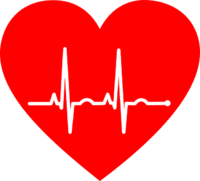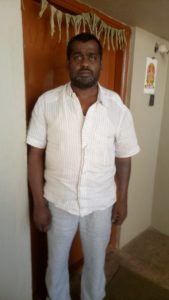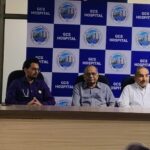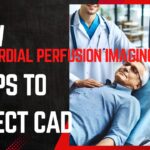



Over a period of time coronary arteries can narrow due to the build-up of plaque. During a heart attack, plaques tend to rupture and blood clot forms at the site of the rupture, if large enough it can completely block the flow of blood through the coronary artery.
The common symptom of heart attack is pain, tightness, pressure in your chest or arms that spread to your neck, jaw or back. Nausea, shortness of breath, cold sweat, fatigue and light headedness are other symptoms associated with the condition.


In most cases heart attack turns fatal due to lack of awareness about the condition. This case illustrates how timely help can save a heart attack patient’s life. The prompt action of his bystanders and immediate intervention by the doctors helped him make a quick recovery. Though heart attacks and heart attack angioplasty are an everyday occurrence, oftentimes patient’s or their relatives delay availing treatment and sometimes even stonewall attempts to counsel them to take the right decisions, all because of sheer ignorance and misinformation, often with fatal consequences. A person might look healthy on the outside, but that might not always be the case. Patients with risk factors for coronary disease (such as smoking, diabetes, high blood pressure, cholesterol, etc.) should be particularly alert about these symptoms.
“I owe my life to the doctors at Sakra World Hospital and my friends. If they had not brought me to the hospital on time, I could have lost my life. I am forever indebted to them” said, Mr. Balu.













